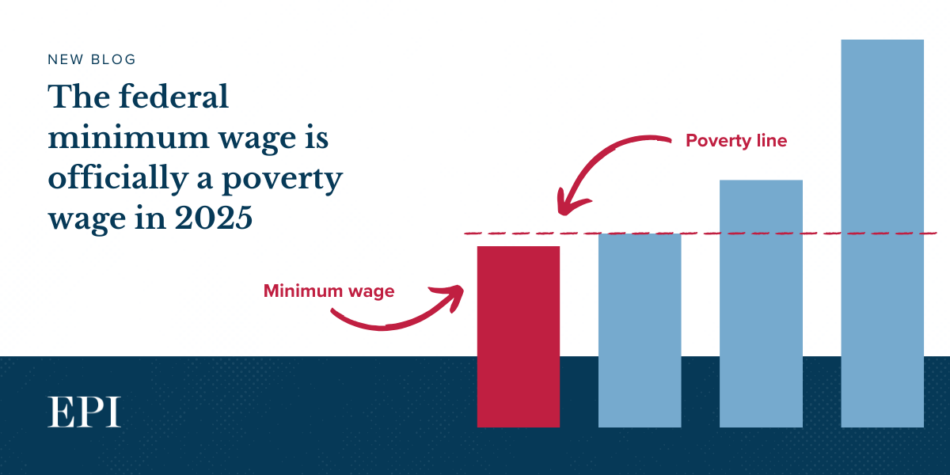Trump Administration's Legal Maneuvering over Deportation of Maryland Man

The Trump administration put forth an unprecedented legal argument on Sunday regarding their refusal to facilitate the return of Kilmar Abrego Garcia, a man from Maryland who was mistakenly deported to El Salvador. This situation has raised significant concerns about immigration processes and the authority of the judiciary over executive actions.
In a comprehensive seven-page submission directed to U.S. District Judge Paula Xinis, attorneys from the Justice Department outlined their interpretation of a recent Supreme Court ruling. This ruling explicitly stated that the administration should take steps to facilitate Garcias return to the United States. However, the governments legal team interpreted facilitate narrowly, suggesting that it merely involves altering Garcias immigration status rather than actually taking tangible steps to repatriate him.
Defendants understand facilitate to mean what that term has long meant in the immigration context, namely actions allowing an alien to enter the United States, the legal document asserted. The submission emphasized that the phrase taking all available steps to facilitate should not be viewed as a directive to engage in any actions beyond removing domestic barriers that might prevent Garcias return. This interpretation raises questions about the limits of executive authority and the interpretation of judicial mandates.
Garcia, a Salvadoran immigrant, arrived in the U.S. illegally at the age of 16, allegedly fleeing from threats posed by gangs in his home country. In 2019, he sought asylum, but his request was denied due to his undocumented status prior to filing the application. Nonetheless, an immigration judge determined that it would not be safe to deport him back to El Salvador, citing the likelihood of persecution he would face there.
In light of the Supreme Courts ruling, Judge Xinis has mandated that the Trump administration provide daily updates regarding their actions to facilitate Garcias return. Following this ruling, U.S. State Department official Michael Kozak confirmed in a Saturday court filing that Garcia remains alive and secure in the Terrorism Confinement Center located in El Salvador.
As these legal battles unfold, the political implications are also significant. On the same day that the Justice Department presented their legal argument, White House Press Secretary Karoline Leavitt communicated the administration's stance to reporters. She reiterated that the Supreme Courts ruling emphasized the administration's responsibility to facilitate Garcias return, but not necessarily to execute the return.
Interestingly, Salvadoran President Nayib Bukele is scheduled to meet with President Donald Trump on Monday. This meeting is expected to focus on the collaboration between the U.S. and El Salvador, which Leavitt described as being at an unprecedented high. The outcomes of this meeting might add another layer to the already complex situation regarding Garcias case and broader immigration policies.
















